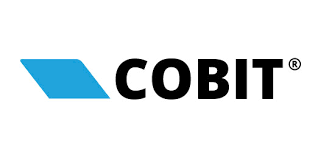


COBIT® 5 is the industry-leading framework for the governance and management of enterprise IT. Control Objectives for Information and Related Technology (COBIT) is a framework providing best practices for the governance and management of enterprise IT services. The COBIT 5 framework covers five main topic areas: audit and assurance, risk management, information Security , regulatory and compliance, and governance of enterprise IT.
It is a framework created by ISACA(Information System Audit and Control Associate) designed for all IT governance to bridge the crucial gap between technical issues, business risk, and control requirements. Our COBIT® training Palestine offers skills to ensure overall quality, control, reliability of information systems in an organization, which is the most important aspect of every modern business.
This COBIT 5 Foundation course is designed for professionals seeking a deeper understanding of the governance and management of enterprise IT. This course includes six lessons, covering the five principles and seven enablers that form the basis of the COBIT 5 business framework. Real-life scenarios and quizzes complement this COBIT training course.
Popular courses are COBIT 5 Foundation
If you need training for 3 or more people, you should ask us about onsite training. Putting aside the obvious location benefit, content can be customised to better meet your business objectives and more can be covered than in a public classroom. It's a cost effective option. One on one training can be delivered too, at reasonable rates.
Submit an enquiry from any page on this site, and let us know you are interested in the requirements box, or simply mention it when we contact you.
All $ prices are in USD unless it’s a NZ or AU date
SPVC = Self Paced Virtual Class
LVC = Live Virtual Class
Our clients have included prestigious national organisations such as Oxford University Press, multi-national private corporations such as JP Morgan and HSBC, as well as public sector institutions such as the Department of Defence and the Department of Health.












